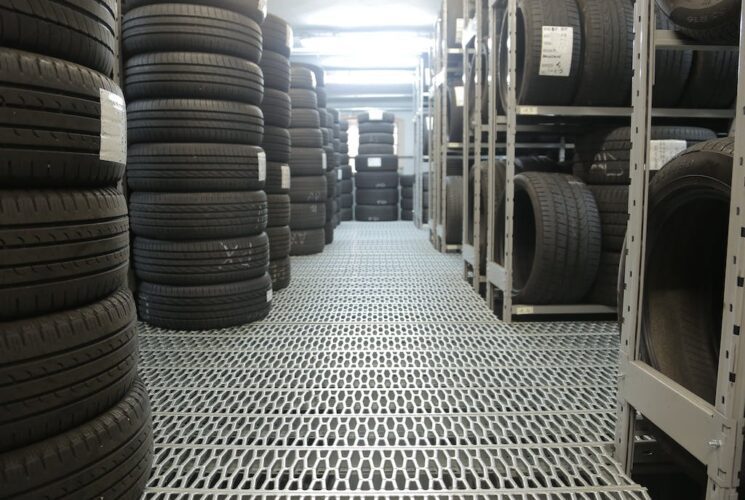
Tires are an important component of your vehicle. They impact safety, performance, and comfort on the road. Understanding the types of tires available and their specific characteristics can help you select the right ones for your vehicle. Moreover, the right kind of tires will save you money in the long run as they won’t need to be repaired or replaced unnecessarily.
This article will explore the types of tires, their features, and their suitability for different driving conditions. Get ready to expand your knowledge about tires and make confident choices for your vehicle. Read on to learn more about tires.
All-season tires provide reliable performance in various weather conditions, including dry, wet, and light winter conditions. They offer a balance between grip, tread life, and fuel efficiency. This makes them a popular choice for everyday driving.
Summer tires are meant for warm weather conditions. They deliver excellent traction and handling on dry and wet roads. These tires feature specialized rubber compounds and tread patterns that optimize performance in high temperatures, providing enhanced cornering and braking capabilities.
These tires are also known as snow tires. They are designed to deliver superior traction and control in cold weather, and icy and snowy conditions. Winter tires feature unique tread patterns and rubber compounds that remain flexible in low temperatures, improving grip and preventing skidding.
Performance tires are designed for enhanced handling, responsiveness, and traction, particularly in high-performance vehicles. These tires offer excellent grip on dry and wet roads, making them ideal for aggressive driving and cornering.
All-terrain tires are designed for off-road enthusiasts and provide reliable performance on paved and off-road surfaces. They feature robust construction, deeper tread patterns, and increased sidewall strength to withstand rough terrains, mud, gravel, and uneven surfaces.
Touring tires are designed for long-distance driving and provide a comfortable and quiet ride. They balance performance, comfort, and durability, making them suitable for highway driving and everyday commuting.
Run-flat tires are designed to continue supporting the vehicle’s weight even after a puncture or loss of air pressure. They allow drivers to continue driving at reduced speeds for a limited distance, providing convenience and eliminating the need for immediate tire changes in case of a flat.
© InsiderScoop